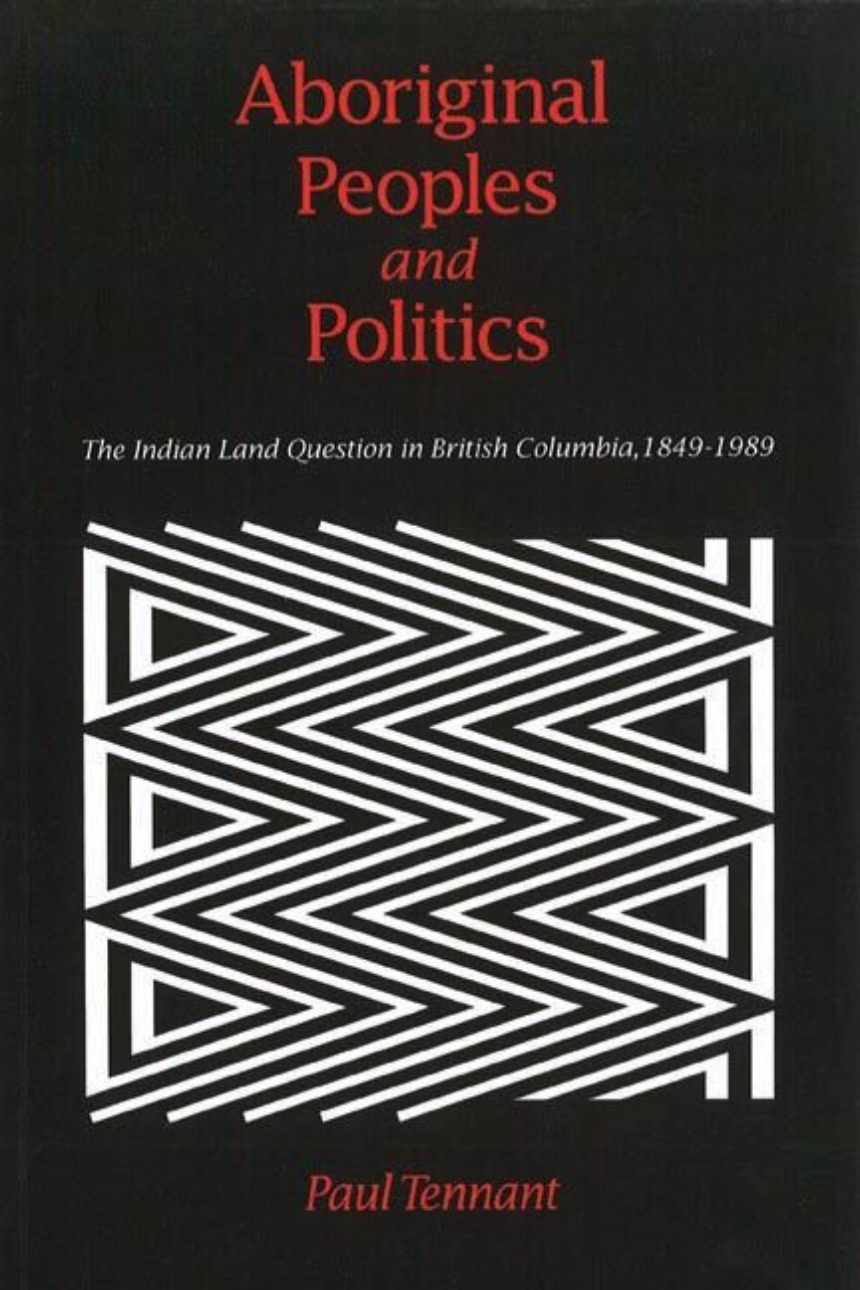University of British Columbia Press
Aboriginal Peoples and Politics
The Indian Land Question in British Columbia, 1849-1989
Distributed for University of British Columbia Press
Aboriginal Peoples and Politics
The Indian Land Question in British Columbia, 1849-1989
Table of Contents
Preface
Acknowledgements
1 Aboriginal Peoples and Aboriginal Claims
2 The Douglas Treaties and Aboriginal Title
3 The Douglas "System": Reserves, Pre-Emptions, and Assimilation
4 Segregation and Suppression, 1864-87
5 Demands for Title, Treaties, and Self-Government, 1887-99
6 The Politics of Survival
7 From Intertribal to Province-Wide Political Action, 1900-16
8 Cut-Offs, Claims Prohibition, and the Allied Tribes, 1916-27
9 Coastal Politics: The Native Brotherhood and Tribal Councils, 1931-58
10 Interior Politics and Attempts at Province-Wide Unity, 1958-68
11 Federal Government Initiatives, 1960-9
12 The Formation of New Organizations, 1969-71
13 Big Money and Big Organizations, 1972-5
14 Tribalism Re-Established, 1976-9
15 Forums and Funding, Protests and Unity, 1980-9
16 Aboriginal Title in the Courts
17 The Province and Land Claims Negotiations, 1976-89
Notes
Bibliography
Index

